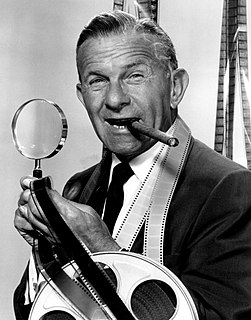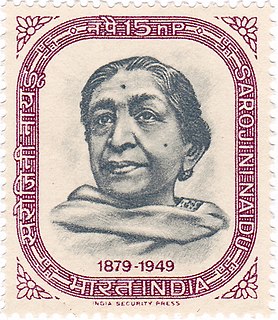A Quote by Max Muller
When the evil deed, after it has become known, brings sorrow to the fool, then it destroys his bright lot, nay, it cleaves his head.
Related Quotes
But the moon came slowly up in all her gentle glory, and the stars looked out, and through the small compass of the grated window, as through the narrow crevice of one good deed in a murky life of guilt, the face of Heaven shone bright and merciful. He raised his head; gazed upward at the quiet sky, which seemed to smile upon the earth in sadness, as if the night, more thoughtful than the day, looked down in sorrow on the sufferings and evil deeds of men; and felt its peace sink deep into his heart.
The word which is best said came nearest to not being spoken at all, for it is cousin to a deed which the speaker could have better done. Nay, almost it must have taken the place of a deed by some urgent necessity, even by some misfortune, so that the truest writer will be some captive knight, after all. And perhaps the fates had such a design, when, having stored Raleigh so richly with the substance of life and experience, they made him a fast prisoner, and compelled him to make his words his deeds, and transfer to his expression the emphasis and sincerity of his action.
Money is the root of all evil.' Then we hear, 'A fool and his money are soon parted.' What are they talking about? If money is so evil, shouldn't it be, 'A wise man and his money are soon parted'? And another thing, how does a fool get money in the first place? I know some fools who have a lot of money, but they won't tell me how they got it, and I won't tell them.
How much reverence has a noble man for his enemies!--and such reverence is a bridge to love.--For he desires his enemy for himself, as his mark of distinction; he can endure no other enemy than one in whom there is nothing to despise and very much to honor! In contrast to this, picture "the enemy" as the man of ressentiment conceives him--and here precisely is his deed, his creation: he has conceived "the evil enemy," "the Evil One," and this in fact is his basic concept, from which he then evolves, as an afterthought and pendant, a "good one"--himself!
Nay, do not grieve tho' life be full of sadness,
Dawn will not veil her spleandor for your grief,
Nor spring deny their bright, appointed beauty
To lotus blossom and ashoka leaf.
Nay, do not pine, tho' life be dark with trouble,
Time will not pause or tarry on his way;
To-day that seems so long, so strange, so bitter,
Will soon be some forgotten yesterday.
Nay, do not weep; new hopes, new dreams, new faces,
The unspent joy of all the unborn years,
Will prove your heart a traitor to its sorrow,
And make your eyes unfaithful to their tears.
Let the advocate of animal food, force himself to a decisive experiment on its fitness, and as Plutarch recommends, tear a living lamb with his teeth, and plunging his head into its vitals, slake his thirst with the steaming blood; when fresh from the deed of horror let him revert to the irresistible instincts of nature that would rise in judgment against it, and say, Nature formed me for such work as this. Then, and then only, would he be consistent.
Amid the cheering of the crowds, he hardly heard his master's voice, but he saw the familiar head and shoulders, and the bright flag he was waving. He raced toward the seven-foot fence; without apparent effort he rose in the air and cleared the top with a good hand-breadth to spare; then dashed up to his master that he loved, and gamboled there and licked his hand in heart-full joy. Again the victor's crown was his, and the master, a man of dogs, caressed the head of shining black with the jewel eyes of gold.


































